The new E10 petrol grade is being introduced across the United Kingdom from September 2021. The move is part of the government’s strategy to reduce harmful emissions from transport
Although the new E10 petrol retains the same 95-octane rating as existing unleaded petrol, it contains a much higher proportion of ethanol. Currently, all petrol supplied at filling stations contains a five per cent mix of ethanol, which is why it is known as E5. However, from September 2021, that proportion will be doubled in standard grade petrol. The fuel will be identified by the code E10.
This change will not affect Toyota owners with a diesel-powered vehicle.
Which Toyota models can use E10 petrol?
If your Toyota has a petrol engine or hybrid powertrain and was officially produced for European markets since January 1998, it will be compatible with E10 petrol.
The only exceptions to this rule are the following vehicles:
- Toyota Avensis with 2.0-litre 1AZ-FSE engine made between July 2000 and October 2008.
- Toyota Avensis with 2.4-litre 2AZ-FSE engine made between June 2003 and October 2008.
If your vehicle was produced before January 1998, it cannot use E10 fuel.
Can you use E10 petrol in imported cars?
If your car is an imported model that was not officially sold in European markets, we recommend staying on E5 by using super unleaded, which has a higher octane rating. Having received queries from owners regarding specific imported models, we are investigating this further.
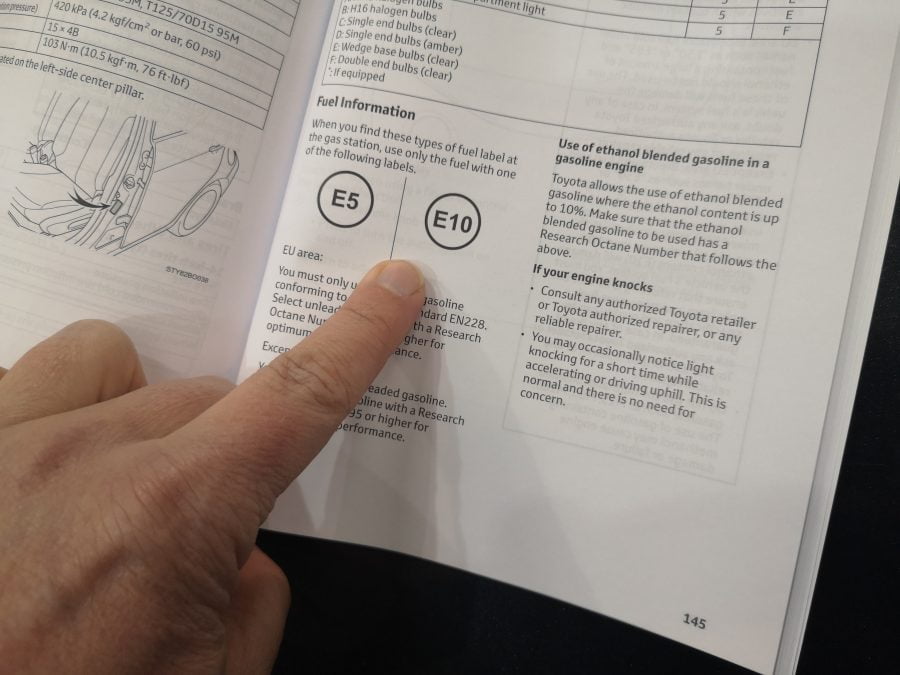
How can I check if my Toyota can use E10 petrol?
This can be confirmed by checking the owner’s manual or looking at the information printed on the inside of the fuel filler flap. If you are still unsure, use E5 petrol, which will continue to be dispensed from the super unleaded pump at many filling stations.
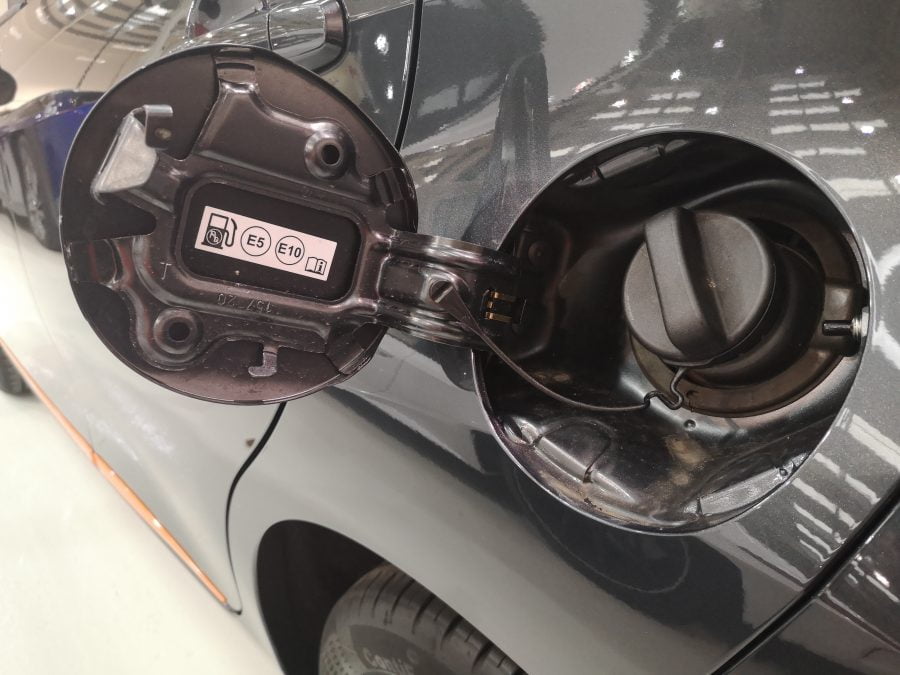
Why is the ethanol content being increased?
Ethanol is a renewable, non-fossil biofuel produced from sustainable sources. It is made using by-products from the farming industry, such as those from wheat, corn and sugar crops.
By increasing the proportion of biofuel in petrol, the content of fossil fuel and therefore our reliance on it decreases. This will reduce the overall levels of CO2 (carbon dioxide) emissions from vehicles and help the government achieve its climate change targets. It has been calculated that this change from E5 to E10 petrol will cut harmful transport emissions by 750,000 tonnes a year. That’s the equivalent of taking 350,000 cars off the road.
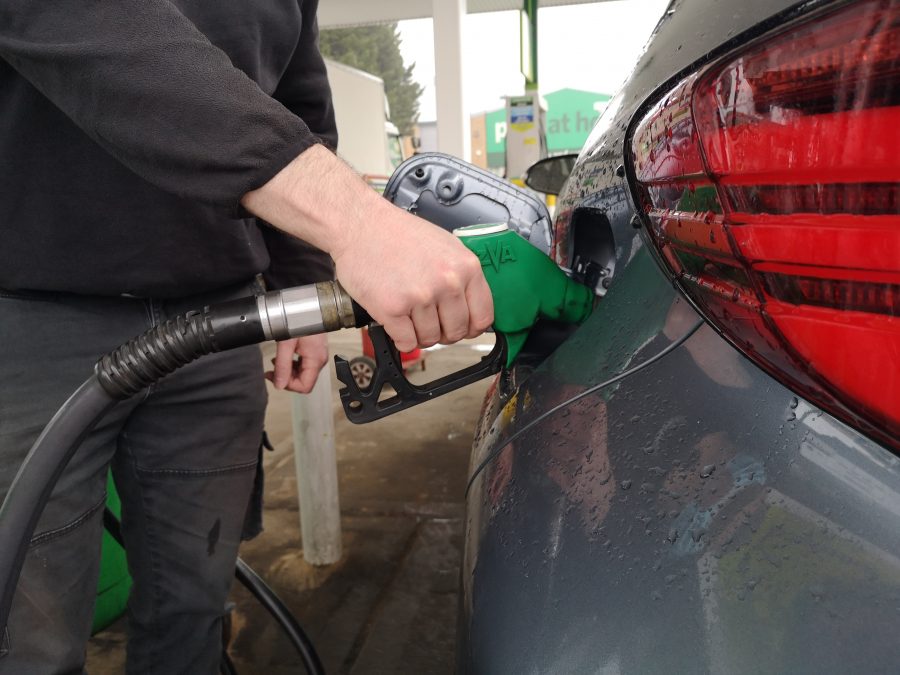
Why isn’t the ethanol content much higher?
The composition of ethanol is different to that of a crude oil based fossil fuel such as petrol. Higher blends of ethanol can cause corrosion of some rubbers and alloys used in the engine and fuel systems of some older vehicles.
A small number of these vehicles will need to continue using E5 petrol, and this will remain widely available at filling stations in super unleaded grade.
Is this change to E10 petrol only happening in the UK?
No. In fact, E10 petrol is already common throughout the world. It has also been the reference fuel used for all new car emissions and performance testing since 2016.
Useful link The government has a simple ‘E10 checker’ tool on its website here.
Read more Toyota hybrid – how does it work?
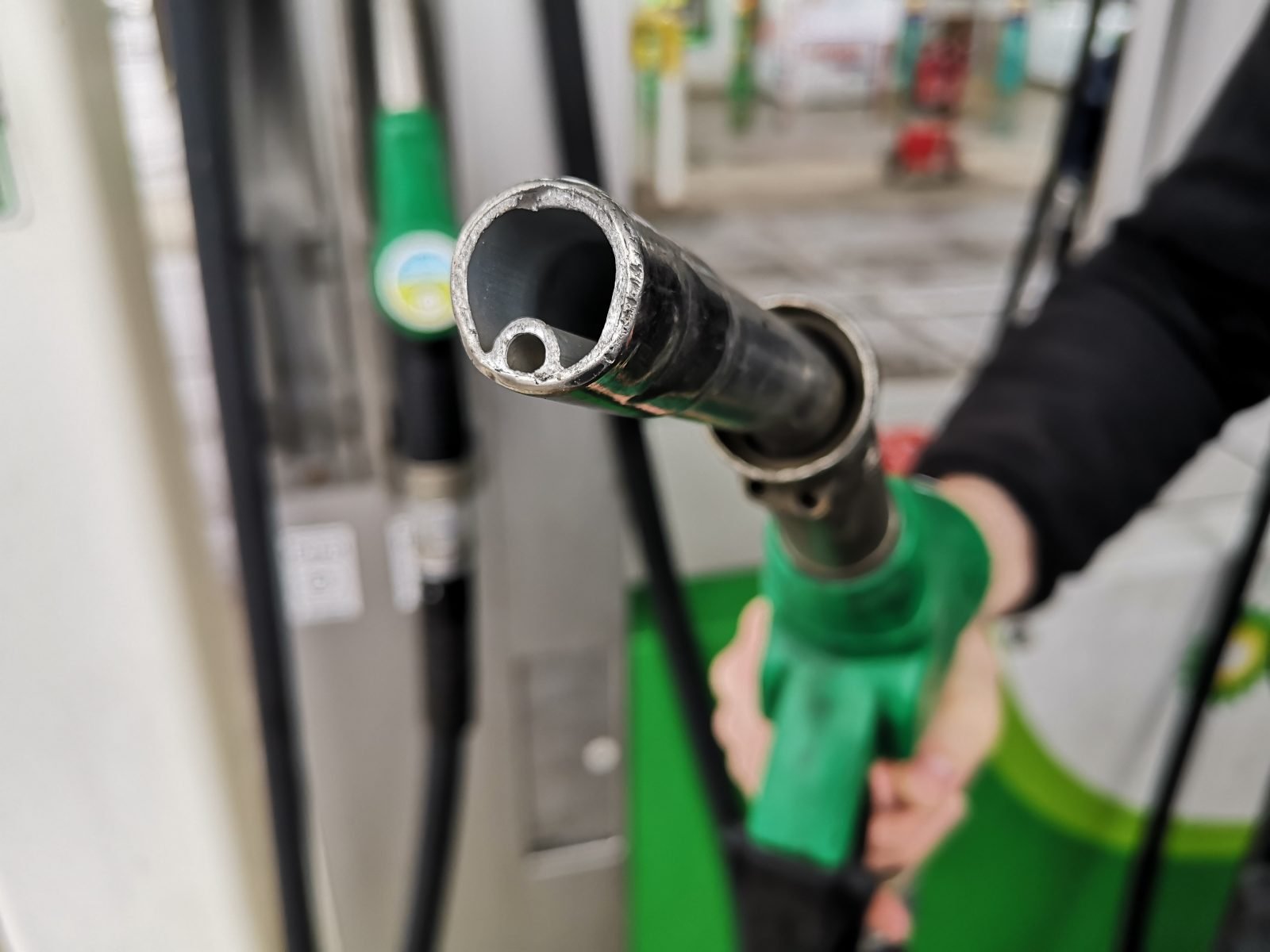
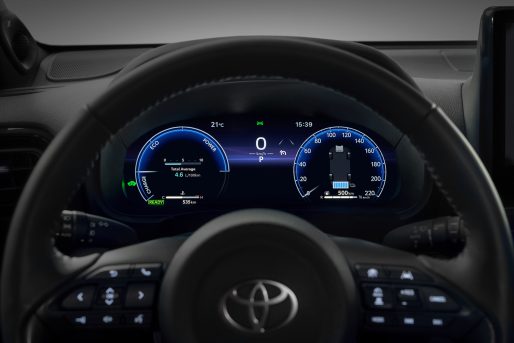


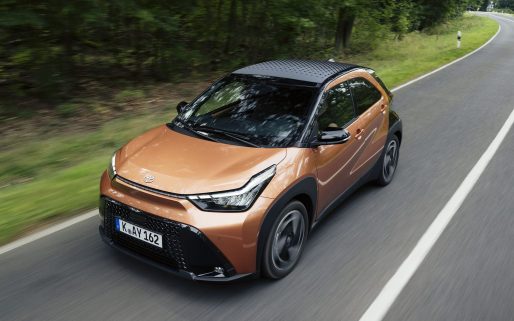
E10 fuel is designed to reduce carbon emission in the fuel production chain rather than from the vehicle itself. This reduces the overall carbon footprint of owning the vehicle. However, all biofuels without exception are responsible for increased particulate release from vehicles. E10 fuelled vehicles produce particulates on average much higher than modern diesel vehicles. This is not a point of debate, it is openly acknowledged by all car manufacturers and fuel produces.
Here are my questions:
In terms of particulates from Toyota vehicles, when will Toyota publish test figures regarding the levels of particulates generated from existing Toyota vehicles and how these compare to other vehicle manufacturers and Toyota diesel vehicles?
What is Toyota doing to ensure the switch to E10 will not lead to increased particle emissions in existing Toyota vehicles?
As Toyota is championing the move to E10 fuel, will Toyota be providing particulate filter retrofitting to all their vehicles free of charge?
Hi Anthony,
We’re not championing the move to E10. This is a UK Government decision. We’re simply providing background and compatibility information for our customers.
We have no further information.
Thanks.
Afternoon
Can I use E10 in my 1986 Mark1 MR2?
Hi Nigel,
Thanks for your comment.
As your MR2 is manufactured before January 1998, you cannot use E10 fuel.
Please continue to use E5.
Thanks.
Thanks
Toyota MR2 roadster reg RF52HFN please confirm which fuel should be used?
Hi Andre,
Thanks for your comment.
Your vehicle is manufactured after January 1998 and is not on the exceptions list.
This means you can use E10 fuel.
Thanks.
Can I use e10 in my corolla 2006 model?
Hi Paul,
If your Toyota has a petrol engine or hybrid powertrain and was officially produced for European markets since January 1998, it will be compatible with E10 petrol.
The only exceptions to this rule are the following vehicles:
Toyota Avensis with 2.0-litre 1AZ-FSE engine made between July 2000 and October 2008.
Toyota Avensis with 2.4-litre 2AZ-FSE engine made between June 2003 and October 2008.
Therefore, your 2006 Corolla can use E10 fuel.
Thanks
I have a Japanese made (not French made) Toyota Yaris from 2002. I don’t know whether it was made for the European market or not. I just know it was made in Japan. Please could you confirm whether I can use E10 petrol? Thank you
Hi Ruthie,
Please provide the vehicle reg, so we can check!
Thanks
GF52 VWG
Thank you!
Hi Ruthie,
Thanks for that information.
As your vehicle was produced for the European market after January 1998 and isn’t on the exceptions list, you can use E10 fuel.
Thanks.
Am I definitely ok to use E10 petrol in my Toyota Auris registtered in the UK in March 2009?
Hi Martin,
If your Toyota has a petrol engine or hybrid powertrain and was officially produced for European markets since January 1998, it will be compatible with E10 petrol.
The only exceptions to this rule are the following vehicles:
Toyota Avensis with 2.0-litre 1AZ-FSE engine made between July 2000 and October 2008.
Toyota Avensis with 2.4-litre 2AZ-FSE engine made between June 2003 and October 2008.
Therefore, your 2009 Auris can use E10.
Thanks
I have a 1998 Toyota estimate 2.4 can it use e10?
Hi,
We recommend continuing to use E5.
Thanks
Can I use E10 in my November 1997 registered Toyota Celica
Hi Keith,
Thanks for your comment.
Please provide your vehicle registration and we can look into this further.
Thanks.
Can I use the new e10 petrol in my 2011 toyota IQ 1.33 reg CG03CAZ
Hi Caran,
Thanks for your comment.
As your vehicle was manufactured after January 1998 and is not on the exceptions list, you can use E10 fuel.
Thanks.
Hi! I would be very grateful for any info / advice on whether or not E10 is safe for use on a Toyota Rav4 GX – Reg L44 RAV. I’m sticking with E5 at the moment just to be safe but it would be great if I didn’t have to rely on it 🙂
Hi Oishi,
Thanks for your comment.
Your vehicle was produced in April 1994. As this is before January 1998, your RAV4 is not compatible with E10.
Please continue to use E5.
Thanks.